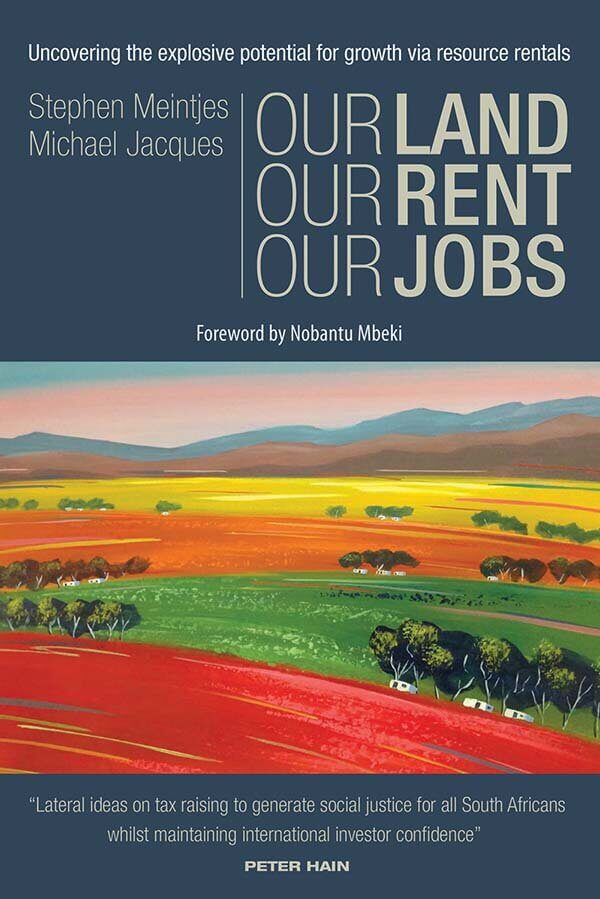In a review of Our Land, Our Rent, Our Jobs in the latest issue of Land & Liberty Fred Harrison pointed out that ‘according to conventional wisdom, South Africa has erased all traces of apartheid. How could it be otherwise, in the land of Nelson Mandela? When it came to power, the ANC resolved – through the country’s constitution – that “South Africa belongs to all who live in it”’.
To reinforce this, Harrison goes on, the ANC government was placed under an obligation to realise that aspiration which ‘was made mandatory by §25 (5) of the constitution. This declares: “The state must take reasonable legislative and other measures, within its available resources, to foster conditions which enable citizens to gain access to land on an equitable basis”. Furthermore, §237 declares: “All constitutional obligations must be performed diligently and without delay.”’
This has not happened, Harrison points out: ‘South Africa today still belongs to the minority: Those who own the title deeds to land, and who fail to pay the socially-created rent into the public purse.
The failure of governance is a tragedy for most people. The economics of apartheid prevail in Mandela’s republic. True, the elites now include black Africans. But that is of no comfort for the millions who suffer separate “development” in the shanty towns of Cape Town and Johannesburg.
There is no excuse for this failure. As the authors of the recently published book Our Land, Our Rent, Our Jobs note, until 2004 most of the municipalities raised revenue by a direct charge on the imputed rent of land. This model, if generalised by central government, would have made it possible to abolish the treadmill taxes that deprive people of jobs and the decent living standards that they would otherwise provide for themselves.
The theory that underpins the treatment of land as public revenue was established long ago, and repeated time and again by Joseph Stiglitz, the Nobel prize-winner who continues to advocate rent as public revenue in these terms:
One of the general principles of taxation is that one should tax factors that are inelastic in supply, since there are no adverse supply side effects. Land does not disappear when it is taxed… But it is not just land that faces a low elasticity of supply. It is the case for other depletable natural resources. Subsidies might encourage the early discovery of some resource, but it does not increase the supply of the resource; that is largely a matter of nature. That is why it also makes sense, from an efficiency point of view, to tax natural resource rents at as close to 100% as possible.
During its years of exile, the ANC committed itself to the rent-as public-revenue policy. In Rhodesia, another anti-colonial activist – Joshua Nkomo, leader of the Zimbabwe African People’s Union – committed a post-colonial Zimbabwe to a similar policy.’ click here to read full review.
This review is published with the permission of Land & Liberty Magazine.







